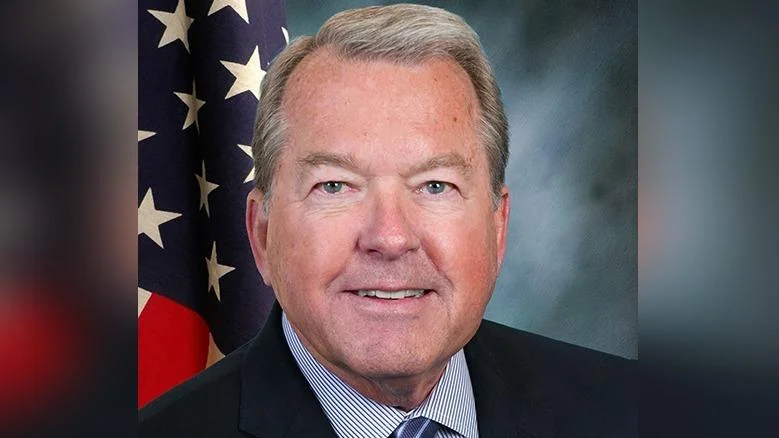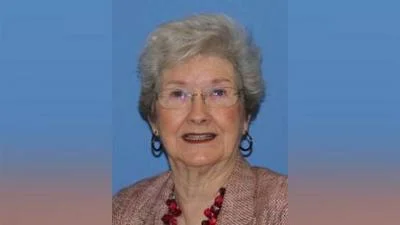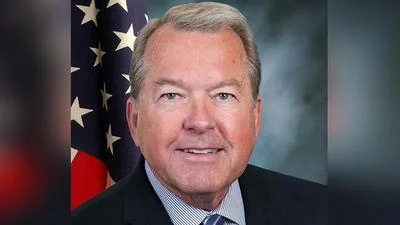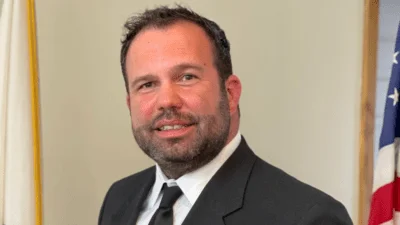Donald P. DeWitte, Illinois State Senator for 33rd District | www.ilga.gov
Donald P. DeWitte, Illinois State Senator for 33rd District | www.ilga.gov
In the early hours of October 31, the Illinois General Assembly passed Senate Bill 2111, a measure aimed at reforming Chicago’s public transit system. The bill has drawn criticism for both its timing and content, with opponents highlighting concerns about governance and funding.
Senator Don DeWitte, who serves as the Minority Spokesperson for the Senate Transportation Committee, voiced strong opposition to the legislation. "When conversations began two years ago about reforming our public transit system, I said the reforms must include a reorganized governance structure that was fair and equitable, and gave the collar counties an equal voice in transit decisions. I never wavered on the importance of this priority, because I did not want the collar counties to be steamrolled by decisions made by leaders from Cook County and City of Chicago," DeWitte stated.
DeWitte argued that suburban residents will bear most of the new costs associated with stabilizing and improving transit services. According to him, tollway users will see a 45-cent increase per toll, with future increases tied automatically to inflation rates. He noted that only 8% of Illinois Tollway users reside in Chicago itself.
The legislation also shifts road funding away from downstate communities toward Cook County and Chicago. "As I feared throughout the negotiation process, the final bill became a bailout for Chicago Mayor Brandon Johnson and his failing transit system," DeWitte said.
Under Senate Bill 2111, a new Northern Illinois Transit Authority (NITA) board will be established with 20 members: five appointed each by Governor J.B. Pritzker, Mayor Johnson of Chicago, Cook County Board Chair Toni Preckwinkle; and one appointee each from DuPage, Kane, Lake, McHenry, and Will counties. DeWitte pointed out partisan imbalances on this board: "It is also worth noting that all but one of the collar county board chairs who are responsible for making their county’s appointment are Democrats... It’s hardly a foundation for an equal exchange of ideas."
DeWitte criticized what he described as missed opportunities to create more equitable representation on boards overseeing Metra, Pace and CTA.
The legislative session also saw passage of an energy bill removing caps on energy rate increases—a move DeWitte believes could result in up to $8 billion in higher power bills statewide. "I believe the provisions of the bill will drive up costs for families already struggling with high utility bills," he said. He added that it allows battery storage facilities near homes or farms without local government input.
Another measure approved was Senate Bill 1911 concerning state tax policy. The proposal “decouples” Illinois from recent federal tax relief measures intended to aid businesses post-pandemic—an action DeWitte claims effectively raises taxes on employers during a period when unemployment remains high in Illinois compared to other states.
"Governor Pritzker and his allies are prioritizing short-term revenue over long-term economic stability," said DeWitte regarding these changes.
DeWitte has represented Illinois’ 33rd Senate District since his election in 2018 after succeeding Karen McConnaughay.






 Alerts Sign-up
Alerts Sign-up